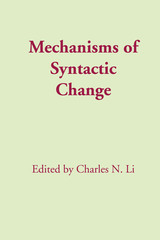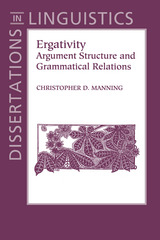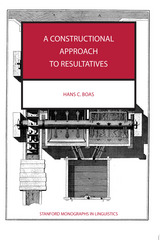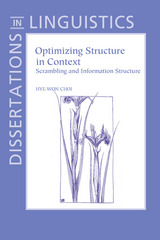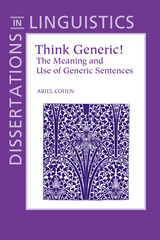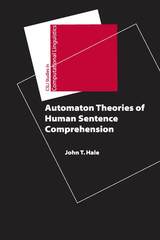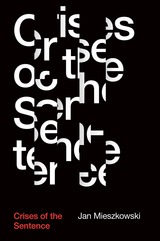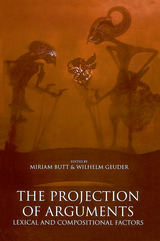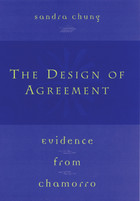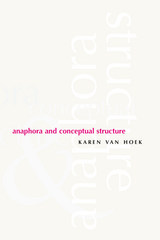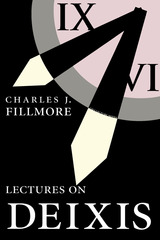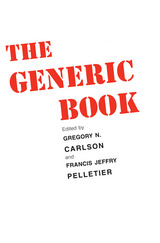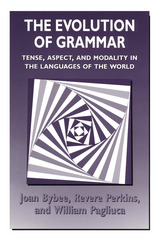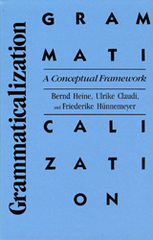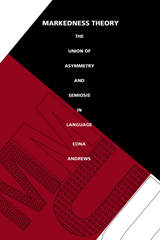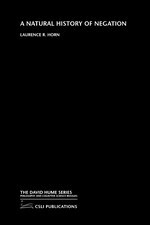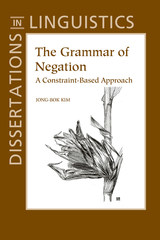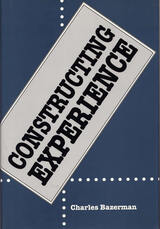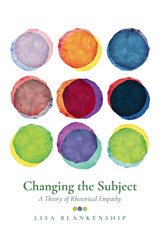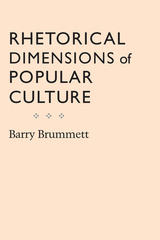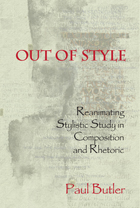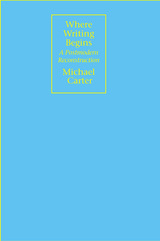The Empirical Base of Linguistics: Grammaticality Judgments and Linguistic Methodology
University of Chicago Press, 1996
Cloth: 978-0-226-74154-3
Library of Congress Classification P299.G7S38 1996
Dewey Decimal Classification 415
Cloth: 978-0-226-74154-3
Library of Congress Classification P299.G7S38 1996
Dewey Decimal Classification 415
ABOUT THIS BOOK | TOC
ABOUT THIS BOOK
Grammaticality judgments—intuitions about the well-formedness of sentences—often rest on subtle discriminations that are notoriously unstable and unreliable. Carson T. Schütze presents a detailed critical overview of the vast literature on the nature and utility of grammaticality judgments and other linguistic intuitions, and the ways they have been used in linguistic research. He shows how variation in the judgment process can arise and assesses the status of judgments as reliable indicators of a speaker's grammar.
Integrating substantive and methodological findings, Schütze proposes a model in which judgments result from interactions of linguistic competence with general cognitive processes, and offers practical suggestions about collecting more useful data. The result is a work of importance to linguists, cognitive psychologists, and philosophers of language alike.
Integrating substantive and methodological findings, Schütze proposes a model in which judgments result from interactions of linguistic competence with general cognitive processes, and offers practical suggestions about collecting more useful data. The result is a work of importance to linguists, cognitive psychologists, and philosophers of language alike.
See other books on: Grammar & Punctuation | Language Arts & Disciplines | Linguistics | Methodology | Physical
See other titles from University of Chicago Press

